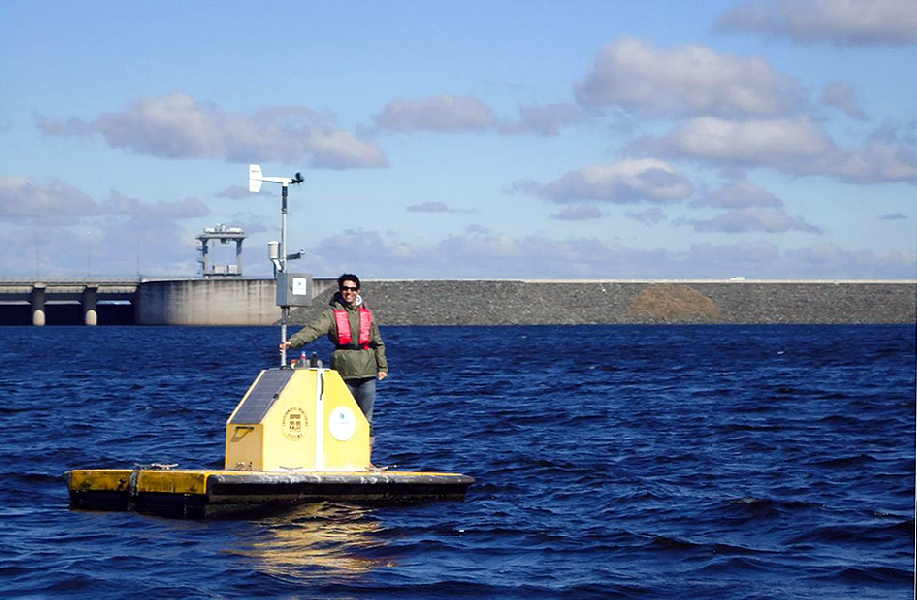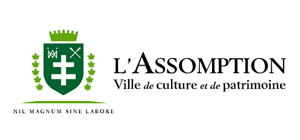NSERC Industrial Research Chairs are founded to assist universities in establishing long-term partnerships with industry, enabling:
- High-level scientific output
- Training of highly qualified personnel (HQP)
- Improvements to the well-being of Canadians
- Increased industrial competitiveness
The NSERC Industrial Research Chair in Drinking Water Treatment and Distribution at Polytechnique Montréal was established in 1992 and is currently in its fifth funding phase. The Chair's high-quality scientific output and close ties with industry have led to renewed partnerships with City of Montréal, Veolia Water Technologies Canada Inc., City of Laval, City of Longueuil, and City of Repentigny for the 2015—2020 period.
The two Chairholders, Dr. Michèle Prévost and Dr. Benoit Barbeau, are recognized as world leaders in research and development in the following areas:
Source protection
- Wastewater characterization
- Detection, occurrence, and fate of emerging contaminants
- Risk assessment
Water treatment
- Hybrid membrane processes
- Nanofiltration
- New generation adsorbents
- Chemicals with small environmental footprints
- Advanced process control
- Biological treatment and organic matter reduction
- Oxidation of emerging contaminants
Water quality in distribution systems
- Corrosion control
- Biostability
- Microbial growth, intrusion, and biofilm
- Legionella control
- Modelling
- Hydraulics and water quality
Since the Chair's creation in 1992, substantial numbers of highly qualified personnel (HQP) have been trained (12 postdoctoral fellows, 27 doctoral and 95 master's students). The majority of these HQP have found work in their fields of specialty in Canada.
Partners
Useful links

Hyperlink
Department of Civil, Geological and Mining Engineering

Hyperlink
Benoit Barbeau Expertise

Hyperlink
Michèle Prévost Expertise
News
News
Press review

october 31, 2025 - La Presse
Le facteur humain | Doit-on s’inquiéter de la présence de pesticides dans l’eau potable ?
Benoit Barbeau, professeur titulaire au Département des génies civil, géologique et des mines et titulaire de la Chaire industrielle en eau potable, parle de l'inquiétude ressentie par les citoyennes et les citoyens lorsqu'on fait mention de la présence de pesticides dans l'eau potable ainsi que de la capacité des filtres utilisés à la maison pour enlever les pesticides de l'eau.

august 16, 2025 - TF1
Faut-il arrêter de consommer l'eau du robinet ?
Benoît Barbeau, professeur au Département des génies civil, géologique et des mines, rappelle que filtrer l'eau du robinet n'élimine pas tous les contaminants, que l'exposition aux PFAS provient surtout d'autres sources comme l'alimentation, et que la véritable solution passe par un traitement généralisé à la station pour garantir une eau de qualité à tous.

july 24, 2025 - Le Quotidien
PFAS à La Baie: des absorbants plus économiques testés
Benoît Barbeau, professeur au Département des génies civil, géologique et des mines, teste 13 types d’absorbants pour optimiser et réduire les coûts du système temporaire de filtration des PFAS à La Baie, tout en contribuant à trouver une solution permanente applicable à d’autres municipalités.
















